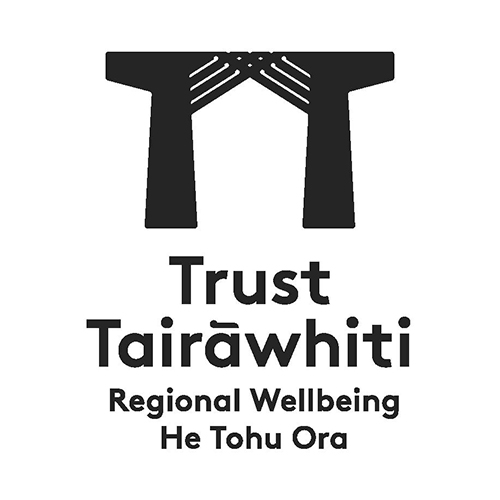Tairawhiti businesses are right behind the climate change strike on Friday.
Hikurangi Cannabis Company will send staff to support the cause, and the CEOs of Eastland Community Trust (ECT) and Eastland Group have also backed the protest.
The School Strike 4 Climate is being held around New Zealand, a week on from the world protest last Friday












